Organic gardening involves growing plants without the use of synthetic fertilizers, pesticides, or genetically modified organisms (GMOs). It is good to have your own organic garden and practice organic gardening at home.

Here are some tips for successful organic gardening.
Plan and shop
Plan out your garden ahead of time, so you can give yourself time to prepare your space and find organic products. You may have to shop online if you are looking for heirloom seeds and organic products. Try to find a garden center that uses organic practices.
Start with organic soil
Good organic soil is the foundation of organic gardening. Use compost, aged manure, and soil amendments to improve soil structure and fertility. Test your soil pH and nutrient levels to ensure optimal growing conditions.
Companion Planting
Planting certain crops together can help repel pests, attract beneficial insects, and improve overall plant health. Research companion planting combinations for your specific crops to maximize their growth potential.
Crop Rotation
Rotate your crops each season to prevent soil depletion and reduce the buildup of pests and diseases. Different plant families have different nutrient needs, so rotating crops helps maintain soil fertility and balance.
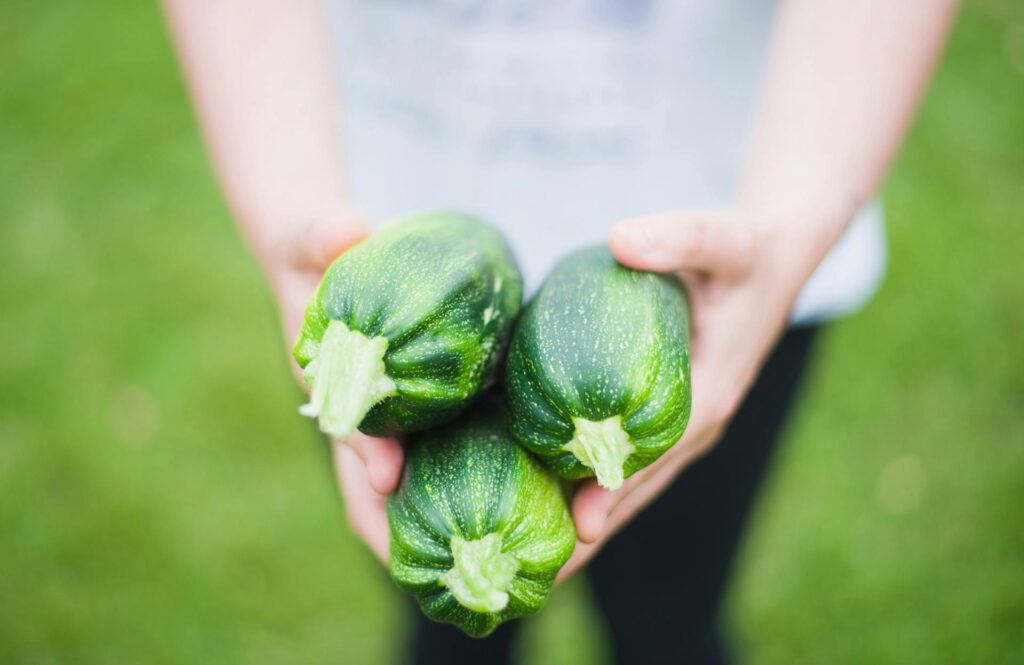
Mulching
Mulching helps retain moisture in the soil, suppress weeds, and regulate soil temperature. Use organic materials like straw, grass clippings, leaves, or shredded bark as mulch around your plants.
Watering Wisely
Water your plants deeply and less frequently to encourage deep root growth. Soak the soil, and not the plants. Use drip irrigation or soaker hoses to deliver water directly to the root zone and minimize water loss through evaporation.
Natural Pest Control
Encourage beneficial insects like ladybugs, lacewings, and predatory wasps to control pest populations naturally. You can also use companion planting, row covers, and organic pest sprays (e.g., neem oil, garlic spray) to manage pests without harmful chemicals. You can even make homemade pest sprays at home.
Weed Management
Regularly remove weeds by hand or use mulch to suppress weed growth. There are lots of great tools for weed removal.
Avoid using chemical herbicides, as they can harm beneficial soil organisms and contaminate your garden.
Organic Fertilizers
Use organic fertilizers such as compost, aged manure, fish emulsion, or seaweed extract to provide essential nutrients to your plants. These natural fertilizers release nutrients slowly and improve soil health over time.
Remember, organic gardening is a holistic approach that prioritizes the health of the soil, plants, and environment. By following these tips, you can create a thriving organic garden that produces healthy and nutritious crops while minimizing harm to the ecosystem.
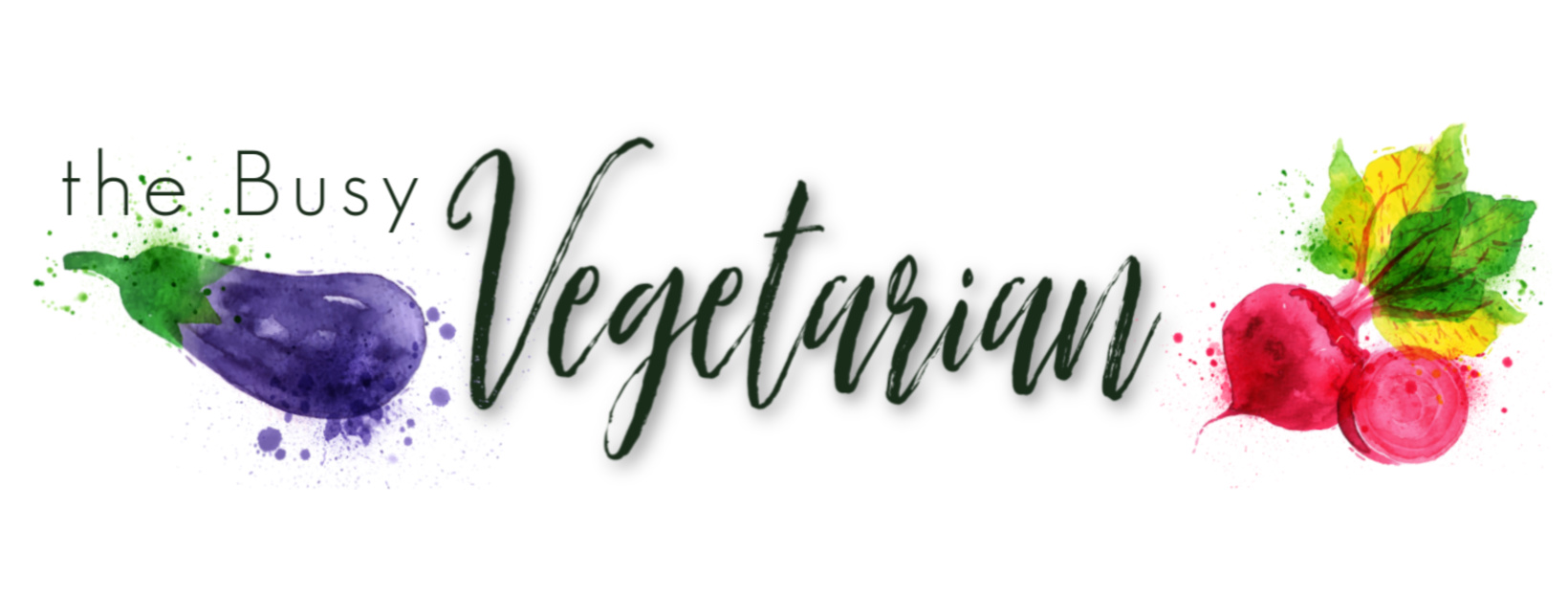

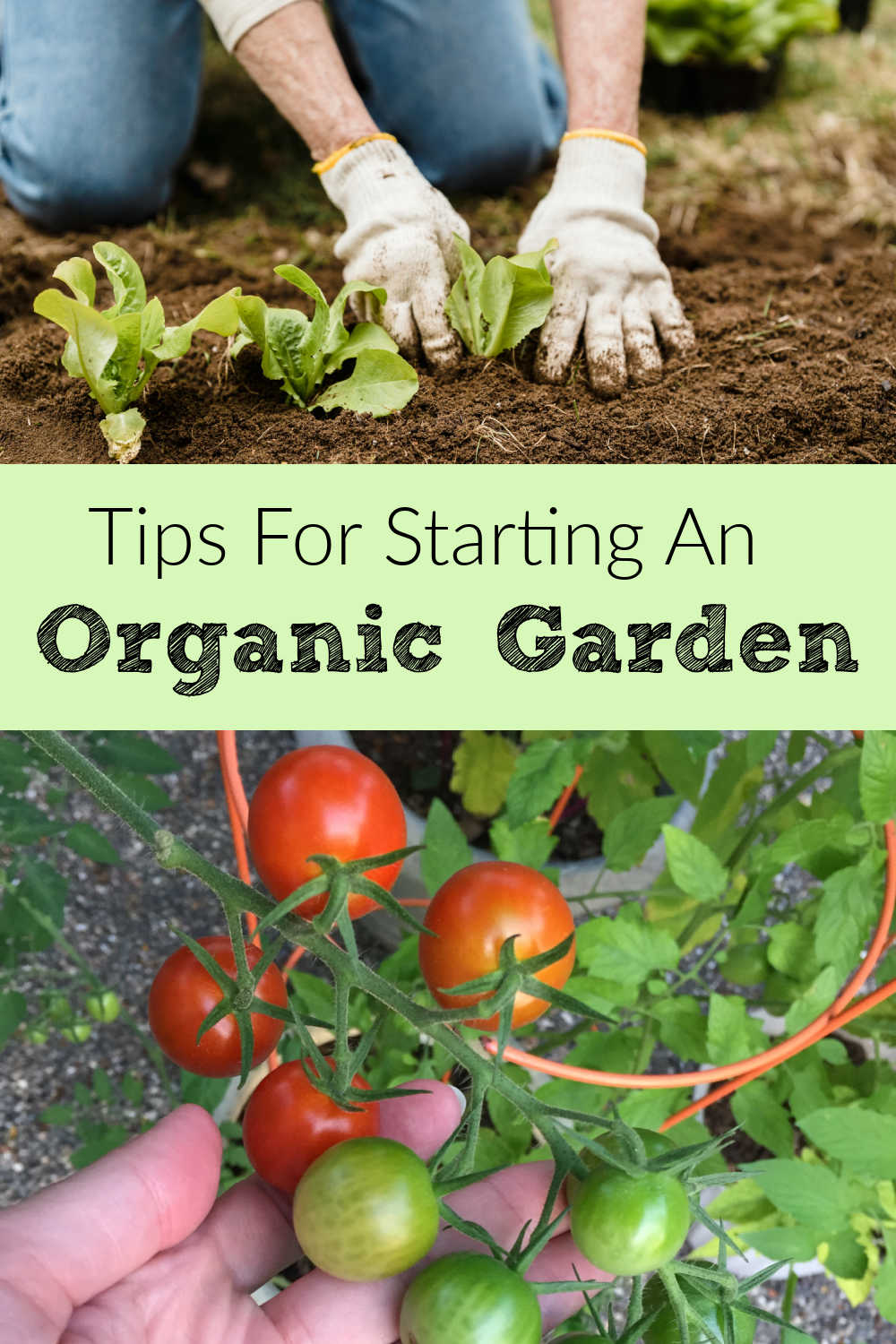


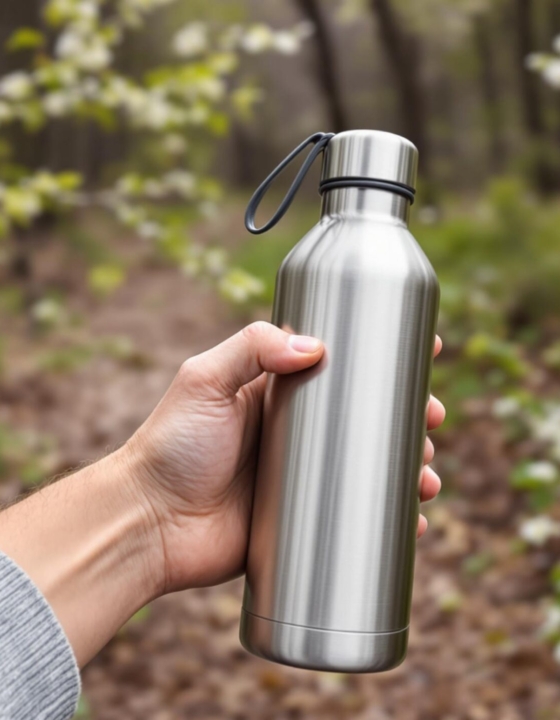
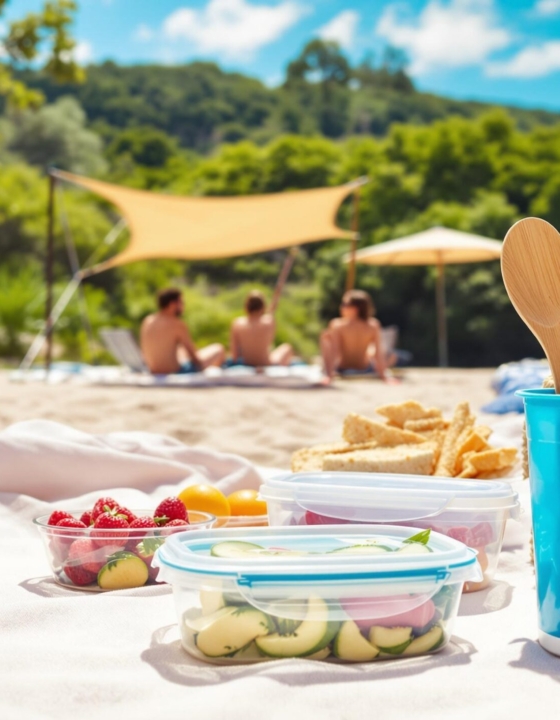
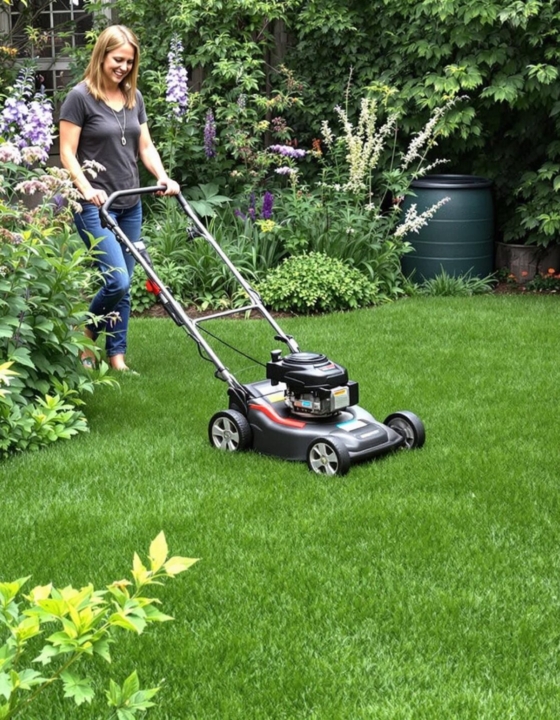
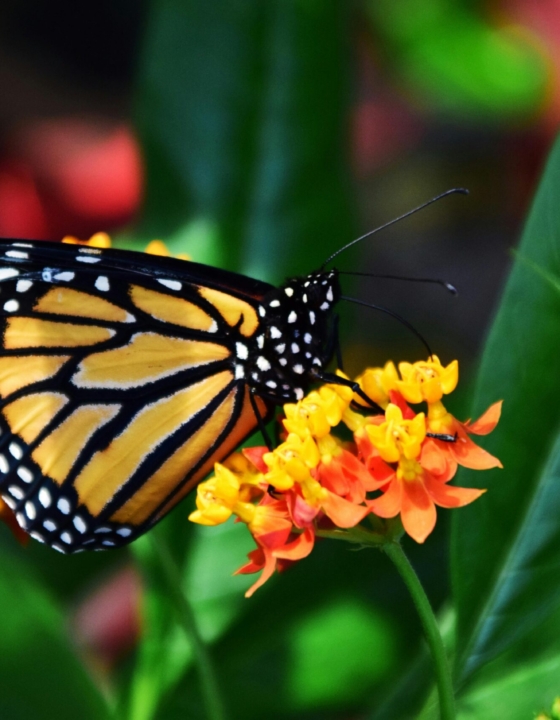
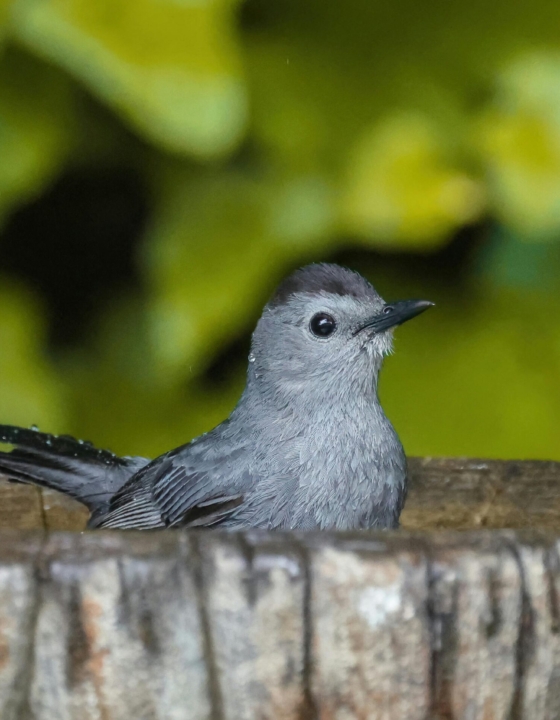
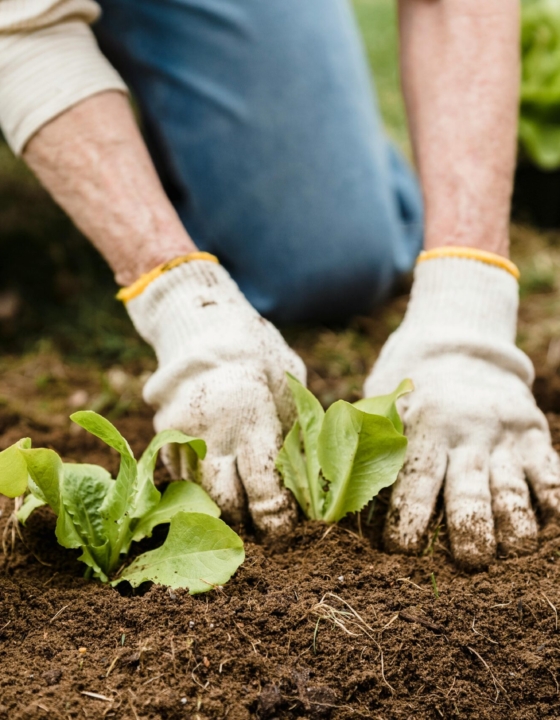
Amber Myers
March 14, 2024I need to show this to my mom. She’s the one that can grow stuff. I never had the patience.
Alexa
March 15, 2024I never thought about making sure my garden was organic. These are great tips to being sure I am doing it right.
Ramil Hinolan
March 15, 2024I appreciate the emphasis on natural pest control methods and weed management, as well as the importance of using organic fertilizers to nourish plants while promoting soil health.
Beautiful Touches
March 15, 2024Having an organic garden helps reduce exposure to harmful pesticides and promotes biodiversity. It also provides you with fresh, chemical-free produce that is better for your health and the environment; thanks for the tips on how to get such a beneficial gardening style started!
vidya
March 15, 2024thanks for these tips for we are slowly working on our garden this year..
Ivan Carlo Jose
March 15, 2024Great tips! I’ve actually started a garden recently as a hobby but I want to take it seriously soon.
LisaLisa
March 15, 2024I’m sooo excited to start my gardening but I’m afraid the rabbits will eat everything up.
Hannah Bures
March 15, 2024I love all of the tips!! It’s so rewarding and fulfilling to watch something grow and then be able to feed your family with it! The only issue I’ve been thinking about is when I make my raised beds how I plan on rotating crops. Gardening is my hobby!!
Tammy
March 15, 2024I love having an organic garden but I do have to use neem spray now and again. Its really hard to keep pests away during the summer in Florida. Great post and suggestions.
Melanie E
March 15, 2024Companion planting is something I’m interested in looking further into. Once I have a garden of my own, I fully intend to do this to improve the health and flavour of my home grown veg.
Gervin Khan
March 16, 2024This is my first time to grow stuff in my garden and I love it. I keep these tips in mind to keep my plants more organic.
Yufi Rizkianti
March 16, 2024Thank you for these great tips. My husband likes gardening and this will help him.
Jennifer Prince
March 19, 2024I just started planning my spring garden. These are great tips, thank you so much!
Christy G
March 19, 2024I haven’t had a garden in a very long time. Mostly bc I never had the room for one or had time to tend to it. With the rising cost of veggies, I wish I could. But our landlord won’t let us.